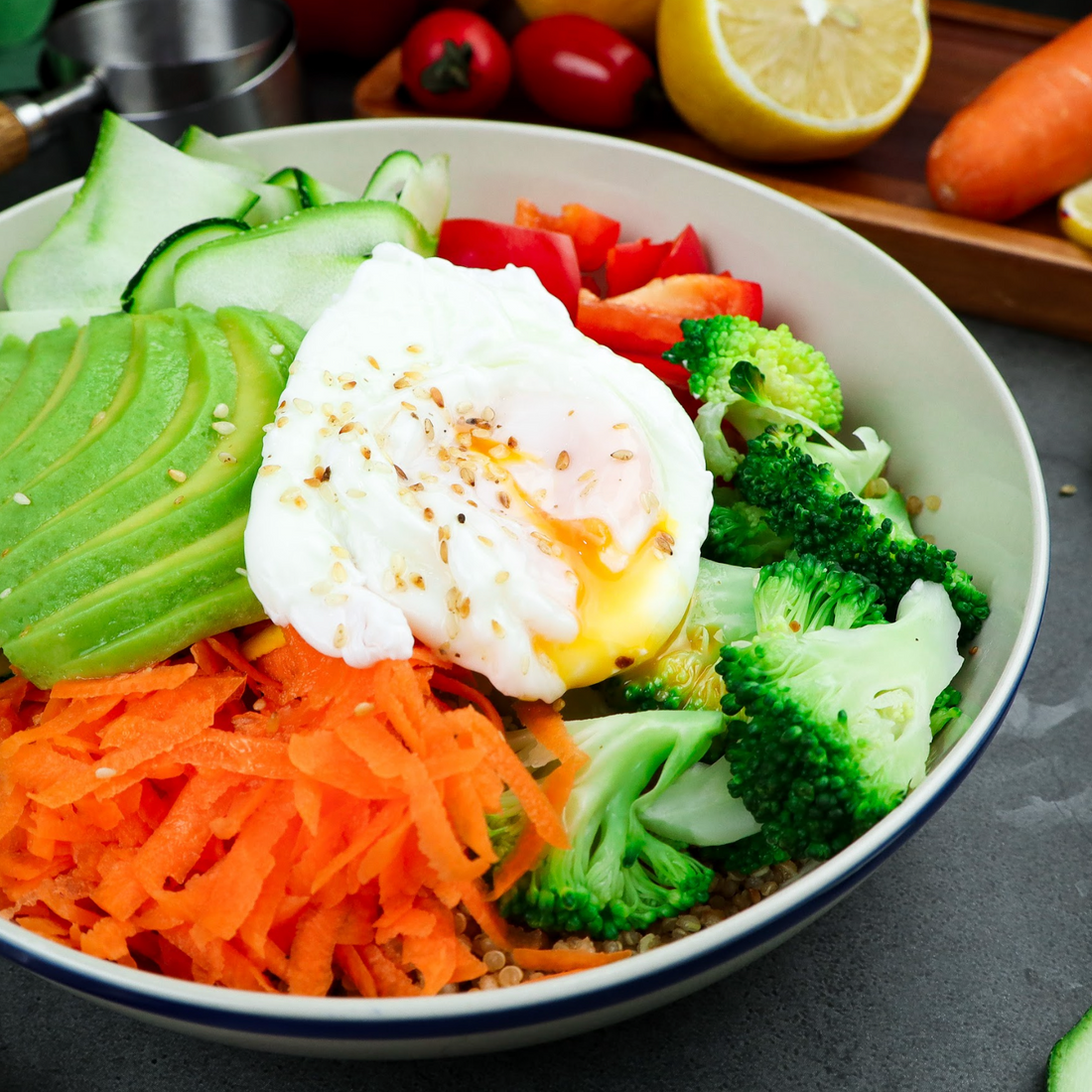
5 foods to ease menopause symptoms
The joys of being a woman. Another hormonal transition to say good bye to the good and bad that all those hormones do for us.
Insomnia, restless legs, fatigue, vaginal dryness, UTI’s, low libido, sore and achy joint and muscles, lowered immune system, mood swings, anxiety and hot flushes – just to name a few negative symptoms of this transition.

Generally, menopause does not have to be a bad thing but you may need some support during this time to keep you balanced, strong and reduce negative side effects.
Specific support will depend on which of the wonderful array of things is going on for you but in general here are some things that can help.
Good news – we can help reduce symptoms with the food we eat.
On the Zing Wellbeing program we also have a Menopause Meal Plan to support your health and wellness.
Magnesium Rich foods

Magnesium is key in feeding our nervous system and helping us respond to stress and changed in the body.
- Dark leafy greens
- Seeds and nuts
- Brown rice (and brown rice protein!)
- Avocado
- Flaxseeds
- Pumpkin seeds
Calcium rich foods
Calcium Rich foods can assist with maintain bone health, reducing risk of osteoporosis and supporting muscle health.
- Sesame seeds (tahini paste/spread)
- Broccoli
- Almonds
- Sardines
- Dark leafy greens
Fruit and vegetables

Fruit and vegetables are packed with fibre and antioxidants. Regular fruit and vegetable consumption has been shown to help reduce hot flushes in some people.
Remember – lots of different coloured fruit and veg provide the food to our microbiome that they need to help detox hormones, maintain a strong immune system and assist with mental health.
Phytoestrogens

Phytoestrogens (or plant oestrogens) are naturally found in some plants and soy based foods. Despite some early controversy, current research shows they are a healthy choice, particularly for women because they have a modest capacity to copy some of our body’s own oestrogen functions.
This may be helpful because our levels of oestrogen naturally decline around the time of menopause. Soy based food like tofu, tempeh, soy milk as well as flaxseeds may be good options.
Protein

Protein is key to marinating muscle mass during this time, keeping full and satiated, stabilising mood and reducing mood swings, helping with energy and assisting with quality sleep.
Vegetable protein powder, including brown rice protein (high in magnesium) can assist in increasing protein intake easily during this time.
Unfortunately, lower oestrogen levels after menopause may promote fat storage around the waist.
However, the worst thing you can do is reduce calories too much as this will put your body under more stress and likely increase symptoms such as hot flushes, insomnia, anxiety and mood swings.
Be sure to eat a range of healthy foods including enough protein, drink plenty of water and aim to move each day to assist with this transitional time.
You can order your Zing Wellbeing protein powder NOW!

View the menopause meal plan HERE
Join Zing Wellbeing today to improve your health and wellness.


